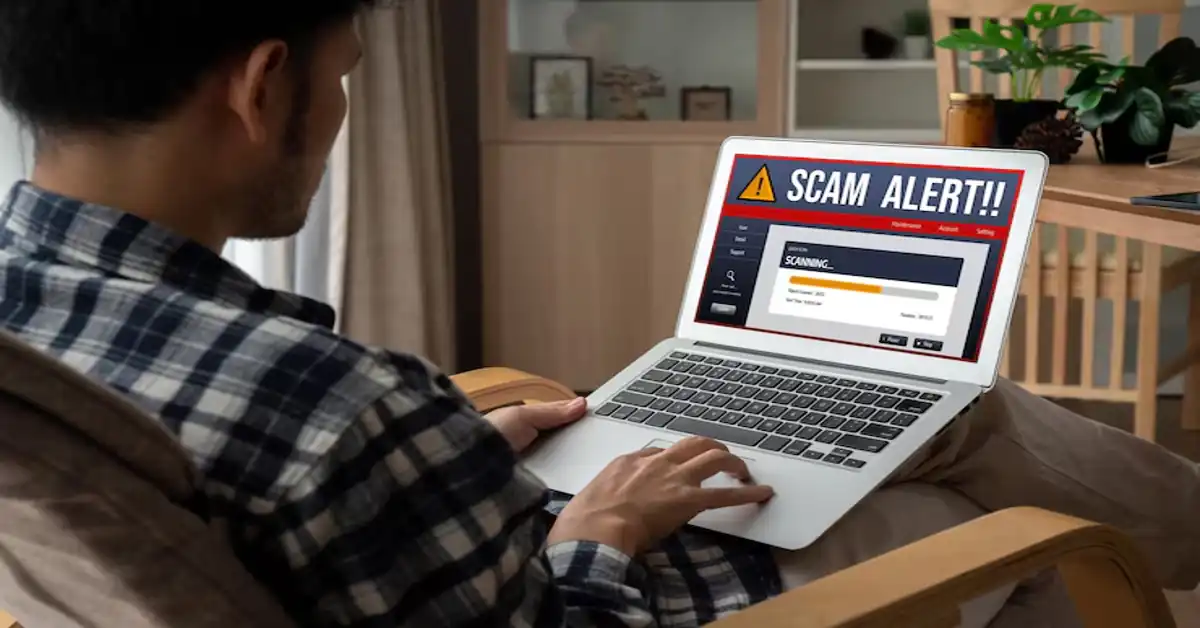In today’s digital age, convenience often drives our choices, especially when it comes to managing finances. Third-party bill payment services like Doxo have emerged, promising streamlined bill payments across various service providers. However, recent developments have raised significant concerns about the legitimacy and reliability of such platforms. This article delves into the intricacies of Doxo Warning’s operations, the warnings issued by authorities, and the steps consumers can take to safeguard their financial transactions.
What is Doxo Warning?
Doxo Warning is a third-party online bill payment service that allows users to pay multiple bills through a single platform. By aggregating various service providers, Doxo Warning aims to simplify the bill-paying process for consumers. Users can link their accounts and schedule payments to utilities, insurance companies, and other service providers.
While the concept offers convenience, the execution has been problematic. Many consumers have reported issues related to unauthorized affiliations, delayed payments, and unexpected fees.
READ MORE: UG17: An Emerging Signal in the Shifting Landscape of Design and Technology
FTC’s Action Against Doxo
In April 2024, the Federal Trade Commission (FTC) took legal action against Doxo for allegedly misleading consumers. The FTC’s complaint stated that Doxo Warning used deceptive design practices and misleading advertisements to impersonate official billers, leading consumers to believe they were paying their bills directly through authorized channels. These practices resulted in consumers incurring millions of dollars in junk fees and, in some cases, experiencing service disruptions due to delayed payments.
Samuel Levine, Director of the FTC’s Bureau of Consumer Protection, commented, “Doxo Warning intercepted consumers trying to reach their billers and tricked them into paying millions of dollars in junk fees.” The FTC emphasized that such deceptive practices harm consumers and undermine trust in digital payment systems.
Common Issues Reported by Consumers
Unauthorized Affiliations
Many consumers have been misled into believing that Doxo is an authorized payment partner of their service providers. This misconception arises from Doxo’s use of company logos and names on their platform, giving an impression of legitimacy. However, numerous companies have publicly stated that they have no affiliation with Doxo Warning and have warned their customers against using the service.
Delayed Payments
Payments made through Doxo are not always processed promptly. In many cases, Doxo Warning collects payments from consumers and then sends a physical check to the service provider, leading to delays. Such delays can result in late fees, service interruptions, or even disconnections, especially for essential utilities.
Additional Fees
Doxo often charges service fees that are not clearly disclosed upfront. These fees are typically revealed only at the final payment step, often in fine print, catching consumers off guard. Such practices have led to widespread complaints and dissatisfaction among users.
Responses from Service Providers
Numerous service providers have issued warnings to their customers about using Doxo. For instance, the Darlington County Water & Sewer Authority explicitly stated that Doxo Warning is not affiliated with them and that using the service could result in delayed payments and potential disconnections . Similarly, the Beaumont-Cherry Valley Water District cautioned customers against using third-party platforms like Doxo, emphasizing the risks of late payments and service disruptions.
READ MORE: MyGreenBucks and Kenneth Jones: A New Perspective on Personal Finance
Protecting Yourself from Unauthorized Payment Platforms
Verify Payment Channels
Always use the official payment channels provided by your service providers. This information is typically available on their official websites or billing statements. If in doubt, contact the company directly to confirm the correct payment methods.
Be Cautious with Search Results
When searching online for bill payment options, be wary of sponsored ads or third-party websites that appear at the top of search results. These may not be affiliated with your service provider. Always double-check the URL and ensure you’re on the official website.
Monitor Your Accounts
Regularly check your bank and credit card statements for any unauthorized transactions. If you notice any discrepancies, report them immediately to your financial institution and the relevant authorities.
Report Suspicious Activities
If you encounter a suspicious payment platform or believe you’ve been misled, report the incident to the FTC at ReportFraud.ftc.gov. Your report can help protect others from falling victim to similar schemes.
Conclusion
While third-party payment platforms like Doxo Warning offer the allure of convenience, they come with significant risks. Unauthorized affiliations, delayed payments, and hidden fees can lead to financial losses and service disruptions. By staying informed and vigilant, consumers can protect themselves from such pitfalls and ensure their payments are processed securely and promptly.
Frequently Asked Questions (FAQs)
Q1: Is Doxo an authorized payment partner for most service providers?
No, Doxo is not authorized by the majority of service providers. Many companies have explicitly stated that they have no affiliation with Doxo and have warned customers against using the platform.
Q2: Why are payments through Doxo delayed?
Doxo often processes payments by collecting funds from consumers and then sending a physical check to the service provider. This method can result in significant delays, leading to late fees or service interruptions.
Q3: Are there additional fees when using Doxo?
Yes, Doxo typically charges service fees that may not be clearly disclosed upfront. These fees are often revealed only at the final payment step, catching consumers by surprise.
Q4: How can I ensure I’m paying my bills through the correct channel?
Always use the official payment methods provided by your service providers. This information is usually available on their official websites or billing statements. If uncertain, contact the company directly to confirm.
Q5: What should I do if I’ve made a payment through Doxo and encountered issues?
If you’ve experienced problems after making a payment through Doxo, contact your service provider immediately to inform them of the situation. Additionally, report the incident to the FTC at ReportFraud.ftc.gov to help prevent others from facing similar issues.









